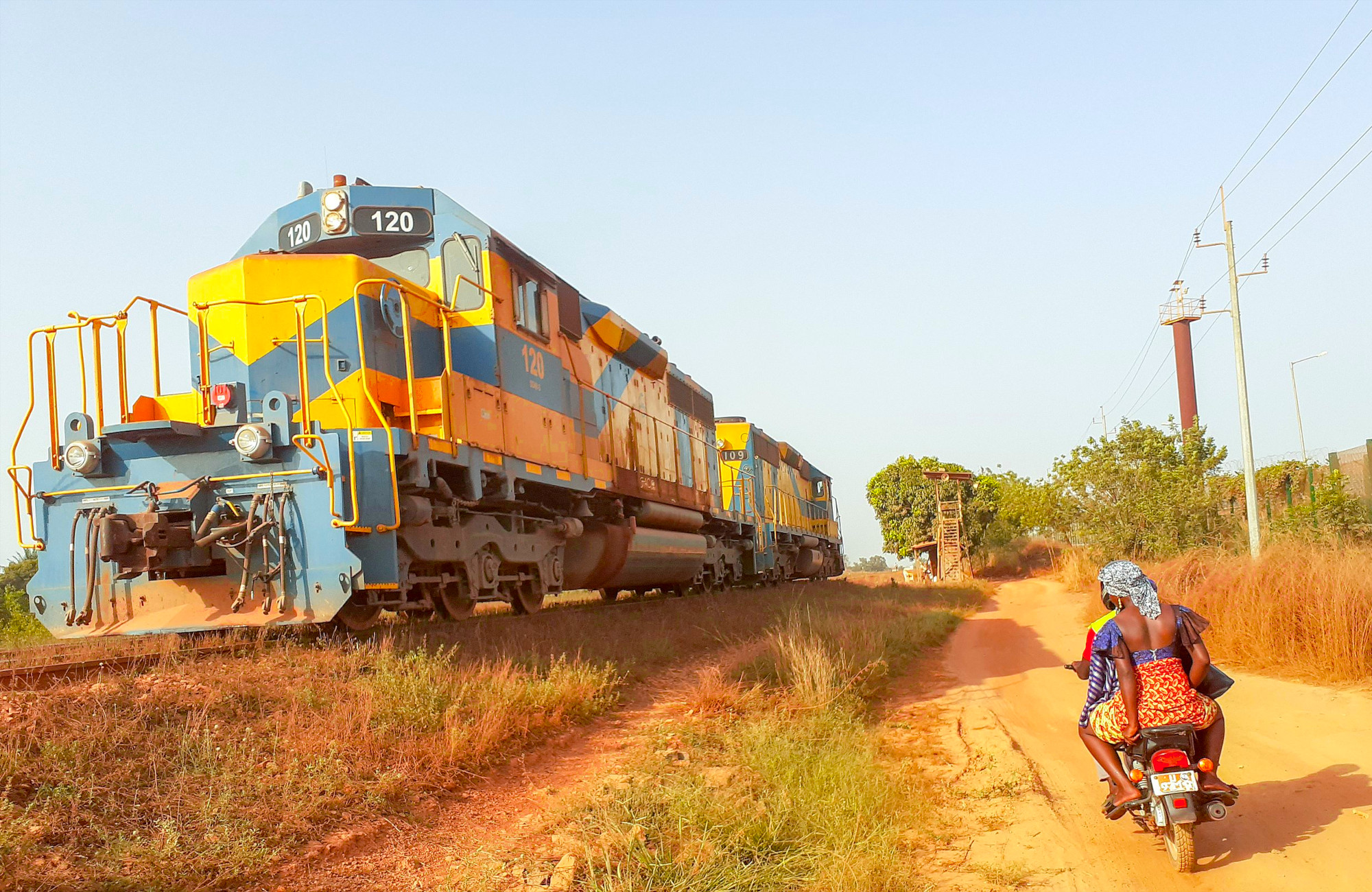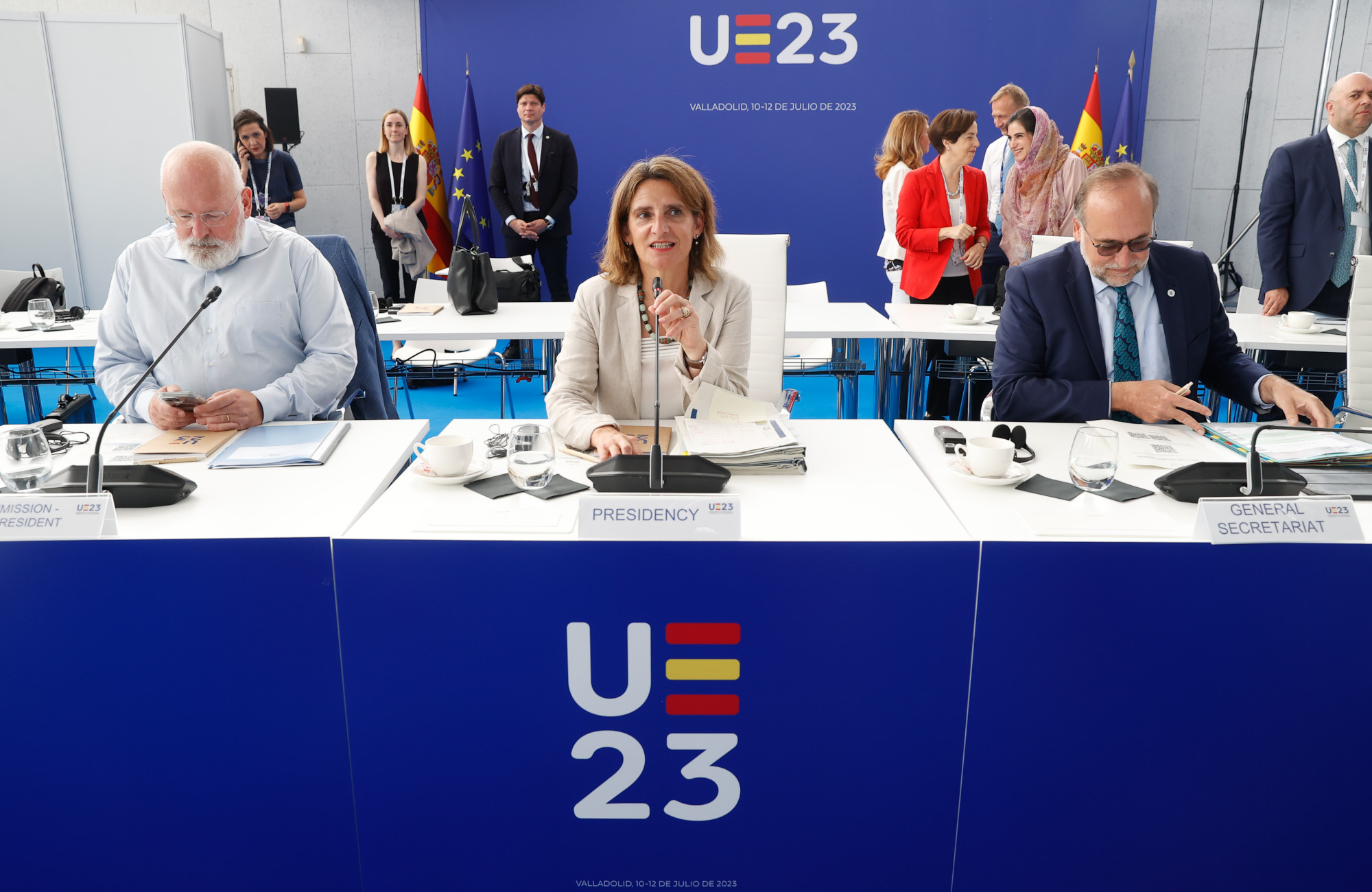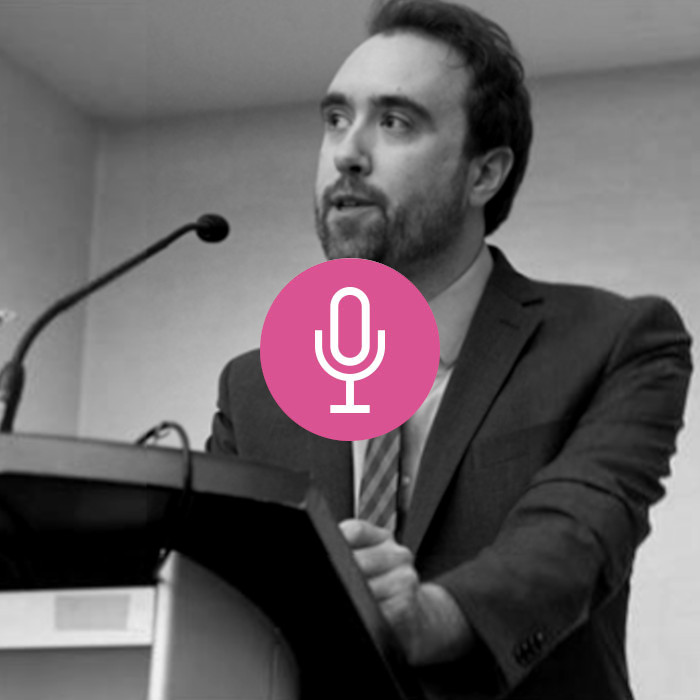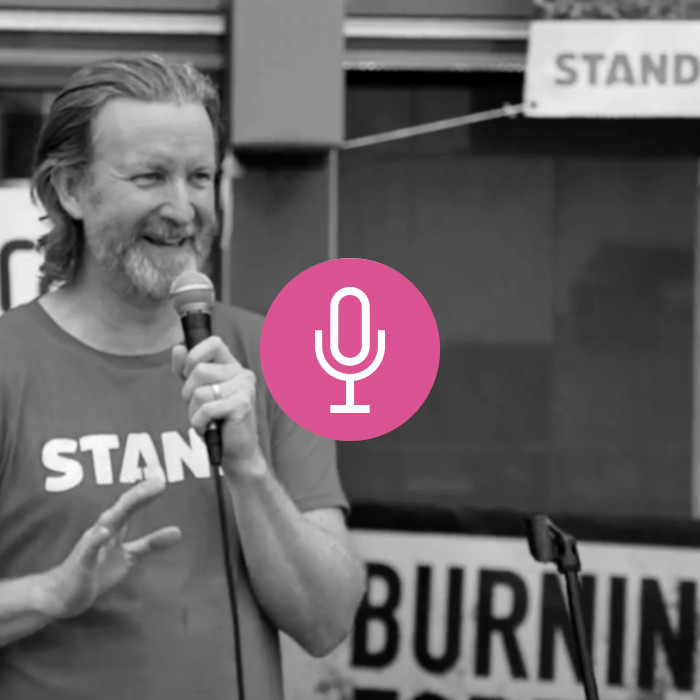Table of Contents
The West African state of Guinea is a treasure trove of minerals. Alongside gold, iron, and diamonds, the country has the world’s largest reserve of bauxite, the deep orange ore used to create the aluminium in our batteries, vehicles, phones, and buildings.
Almost a quarter of the world’s aluminium is made with Guinean bauxite, and the global shift towards electrification is increasing its importance. But while Guinea is rich in resources, the advantages for the average Guinean are few and far between. Foreign investment into mining is driving up GDP, but 48% of the population live below the poverty line, and poverty rates have begun to increase.
“The arrival of mining generated a lot of hope” for communities in mining areas, according to Jim Wormington, a senior researcher at Human Rights Watch and an expert on bauxite in West Africa.
“But once the landowners and farmers in those communities witnessed the impacts of mining, for example the loss of land and water, and the relatively few jobs that go to people from their village, they became very frustrated that mining companies are not doing enough.”
Wormington authored a 150 page report in 2018 about the impacts of bauxite in Guinea, following interviews with hundreds of people across 30 villages in mining areas. The report painted a picture of large-scale land grabs of people’s croplands, water scarcity as mining altered the hydrology of landscapes, and health problems that locals linked to the vivid-red dust that pervades the air in these regions.
Farmers paid off in lump sums for their lands often used the cash for otherwise unaffordable opportunities – such as sending their children abroad – leaving them without sustainable income, and women with nothing, in some cases. The loss of natural water sources creates dependence on deliveries from mining companies, but community leaders described how “some days the water in the tankers is dirty, so we have to conserve the clean water we have and wait for the next.”
Click to expand
Abdoul Rachid Camara grew up in a village near Boke, a key bauxite-mining region, before moving to Italy to study the environmental politics of bauxite extraction at the University of Ferrara. He remembers the pollution, and still sees it when he visits home; “you have dust everywhere in the house; where you are cooking, where you are eating.
“People talk about it. People are angry about it and people do protest about it. But people are busier worrying about what to eat tomorrow. If I am hungry today I can think about the environmental problem or I can think about my food.”
Protests can also be deadly, as security and police forces shoot activists and rioters. In May Al Jazeera reported at least seven political demonstrators recently killed, and past protests at bauxite mines have had similar outcomes.
Even aside from the minority who are shot, “anybody who starts to protest will be arrested and likely jailed,” says Wormington. “In an environment where people don’t have the ability to express opposition (and if they do express opposition, they face threats and retaliation) it’s very difficult for communities to truly express how they feel about any human rights issue, including mining.”
Guinea has had many moments that feel like change is coming – but repressive governance, corruption, and exploitative foreign industry always returns. Alpha Condé was the country’s first freely-elected president in 2010, running on a pro-democracy, anti-corruption ticket. A decade later, his presidency had been so authoritarian and rife with criminality that the country celebrated a military coup. Now, three years into Commander Mamady Doumbouya’s interim presidency with no reliable path to democracy in sight, opposition leaders have fled abroad, and public anger is again leading to widescale unrest and tragedy.
Comforting continuity
Already sanctioned by the EU and UK after a massacre following the country’s previous coup in 2009, the 2021 coup further isolated Guinea from the world. Financial assets were frozen, and the African Union suspended Guinea’s membership, as did the Economic Community of West African States (ECOWAS).
But for hungry eyes abroad, the coup’s biggest implications were not for democracy, but metals markets. Despite international sanctions staying clear of Guinea’s precious exports, a military takeover of the world’s largest reserve of the world’s second most used metal (second only to iron[1]) was always going to cause a shock. Within days, the price of aluminium had spiked to a 13 year high of $3000 – double its value a year before.
The new government acted quickly, lifting curfew in mining areas, and holding a meeting with mining executives to ensure that their companies and ports kept operating. “Everything is stable,” offered the Russian aluminium giant RUSAL, coming out of the meeting 11 days after the coup. Another attendee said they were “very comforted by the continuity,” while the country’s constitution lay in tatters.
Prices and production fluctuated until the spring, but the junta pulled through, and aluminium returned to pre-putsch prices. Guinea has not only remained the world’s largest bauxite exporter, but increased its lead by 20% compared with 2020 and 2021[2]. At that rate, all of Guinea’s 7.4 billion tonne reserves will be exhausted by the end of the century. And trends suggest the extraction rate will increase: a recent report by Mission Possible Partnership stated aluminium demand will increase by between 50 and 80% by 2050. That is a conservative estimate: Matthew Groch, Mighty Earth’s Senior Director for Heavy Industry, said aluminium demand is likely to double in that time.
Foreign control
While Indonesia and Malaysia have both recently implemented bans on exporting bauxite, Guinea’s doors have long been open to foreign investment.
The country’s mining industry used to be run exclusively by a partially state-owned venture – the Compagnie des Bauxites de Guinée (CBG). 49% of CBG is owned by Guinea, with other co-owners including the British, Australian and Canadian firm Rio Tinto AlCan, and the Australian-American Alcoa. They remain big players, but the industry is now more crowded. Other leading bauxite miners now include the Chinese-backed Société minière de Boké (SMB), and the Russian-run Compagnie des Bauxites de Kindia.
All of these companies have been accused of human rights abuses, but Guinea has sided with business interests against international courts. The country shocked the world in 2019 when it withdrew from a corruption case against BSGR, an influential mining firm owned by Israeli-French billionaire Beny Steinmetz.
Following years of investigations by Switzerland, the U.S. and Israel, BSGR failed to appeal a conviction for bribery and corruption charges relating to the Simandou iron ore project in the south-east of the country, one of the most significant infrastructure investments ever seen in Africa. If Guinea had not withdrawn, it would have been awarded $52 million.
The World Bank’s International Centre for the Settlement of Investment Disputes has since confirmed that there is “overwhelming evidence” that BSG Resources obtained the licences for the giant Simandou iron ore deposit in Guinea “through corrupt practices”. The Simandou mine is now run by a consortium backed by the China Hongqiao Group, adding to the growing influence China has in Guinea.
“A country with persistently weak institutions is more prone to corruption,” says Pietro Musilli, a political risk consultant at Arhizom Strategic Advisory. “Whether under a formally democratic or military rule.”
The US has gradually reduced its stakes as instability increases in the Sahel, while Russia has increased its presence heavily through Wagner mercenaries and growing anti-European sentiment which has impacted trade in Guinea. Guinea was one of the countries that abstained from the UN vote on Russia’s invasion of Ukraine.
At last year’s African Union summit, many leaders uttered the famous words of Ghanaian economist George Ayittey; “African solutions to African problems”. The words are emblematic to the change that many countries are trying to bring as they wean off their reliance on Europe and America, while fostering economic relationships with China and Russia.
The Chinese “black box”
While European and American laws have been promoting transparency around the initial extraction of raw materials like bauxite, “what companies don’t really have in hand is a sense of what happens to those minerals and materials after they’re mined,” says Professor Laura Murphy of Sheffield Hallam, who researches supply chains and modern slavery.
“Where is the processing happening? Almost all of it is happening in China, and it just becomes a black box from there.”
More than 70% of the bauxite Guinea produces – by far the country’s largest export – is now bought by China[3]. And with Indonesia’s ban on bauxite exports now beginning, there is likely to be pressure to increase volumes further.
“Any monopolisation of the market is detrimental for development and economy,” says Musilli. And China is developing two bauxite monopolies: “direct control of large mining assets and predominance in the bauxite refinery capacity.”
Transparency around Chinese aluminium is vital, because the Chinese aluminium refining industry is increasingly resituated to the Xinjiang Uyghur Autonomous Region (XUAR), where millions of Indigenous ethnic-minority Uyghur people are subject to cultural and ethnic genocide. Under China’s past three Five-Year Plans, the XUAR rose from China’s 10th highest aluminium producing region to its second. Murphy’s research team estimates that 10% of the world’s aluminium currently comes from the Uyghur Region.
The XUAR is a long way from the sea, and is not obviously a cost-effective place to refine bauxite into alumina. “This processing is made so cheap,” says Murphy, “because it’s all being made using coal as the energy source [and] there’s almost no environmental regulation going on in the Uyghur region”. This makes the region particularly profitable “for the very dirtiest parts of the aluminium processing”, in addition to “the lack of pay of the workers, with no worker rights standards being upheld”.
There are approximately 380 internment camps in the XUAR, with hundreds of thousands of people – potentially millions – in arbitrary detention, all outside of China’s own legal judicial system. Alongside the camps, there’s also a system of state-sponsored forced labour that Murphy says “meets basically every definition we have internationally of forced labour, of human trafficking, and of slavery.
“We all need to be extremely worried about aluminium sourcing because metals traders and logistics firms obscure the provenance of our aluminium, and companies don’t yet seem to be putting in the effort to ensure that they know where their aluminium comes from.”
Many of the aluminium companies in the XUAR are owned by Xinjiang Construction and Production Corps, which Murphy describes as a “paramilitary settler-colonial corporate conglomerate”. The company has been sanctioned by the US, Canada, EU and UK. More broadly, the US Uyghur Forced Labor Prevention Act (UFLPA) has made any imports from the XUAR illegal in the US by default. Unlike the EU – which is not stopping goods at borders – US Customs and Border Protection has been holding imports for a year. As of May 2023, $15 million worth of base metals are being held for review, along with nearly $470 million worth of electronics, $31 million worth of industrial materials, and much more.
But in all likelihood, a lot will still be slipping through. The USA imported nearly $25 billion’s worth of base metals from China in 2020, and has only held $43 million’s worth under the UFLPA – 43% of which has been released.
The majority of the world’s aluminium is produced in China, and can be blended with other supplies to obscure its specific origin, or sold without clear provenance on trading platforms like the London Metals Exchange, through international trading firms, or through Chinese companies with unannounced trade links to the Uyghur Region. In the electric vehicle supply chain alone, Murphy’s team have linked XUAR products to most major manufacturers, including Volkswagen, Audi Group, Honda, Ford, General Motors, Mercedes-Benz Group, Toyota, Tesla, and Renault. Few – if any – of these companies can yet trace the intermediary processing steps between the mining of ore and the manufacturing of car parts.
Global supply chains
Aluminium production already accounts for 2% of global GHG emissions, according to Mission Possible Partnership, and that number is set to rise significantly. “If we keep on allowing China to produce the majority of the world’s aluminium with their dirty coal, we’re not getting anywhere close to the UN’s target of limiting warming to 1.5 °C,” says Groch.
The US also imposed severe tariffs on Russian aluminium in February, which Groch says is actually “cleaner or more low carbon than US aluminum,” due to Russia’s use of hydropower. This and the UFLPA is demonstrating that countries and companies can clean up supply chains, but without a more holistic approach, there is a risk of simply funding environmental and human harm in different places. According to Groch, the US needs legislation that matches the UFLPA “in regards to critical minerals and their relation to Indigenous rights and human rights” in countries outside of China.
This responsibility has been left to certifiers like the Aluminium Stewardship Initiative (ASI), but Groch says “these groups are corporately funded, they’re corporately founded, and essentially they’re writing their own rules.” He points to a recent Bloomberg investigation that traced ASI certified aluminium used in Ford cars to a Brazilian refinery being sued by 11,000 residents. The Norweigan company, Norsk Hydro, is accused of causing cancer, hair loss, neurological dysfunction, birth defects and increased mortality within the local population due to toxic pollution in the Amazon.
Cecilia Mattea, Batteries and Supply Chains Policy Manager at Transport and Environment, says the only certification scheme her organisation supports is IRMA – the Initiative for Responsible Mining Assurance. “IRMA certifies only at site level. So if one mining site has been certified, the company cannot then go and say, ‘oh, I am IRMA certified’. There’s a huge difference.
“You need to demonstrate that you are producing responsibly at a given plant at a given point in time. It also has a solid consultation process that includes the rights of Indigenous peoples, and their waste management chapter is very strong.
“IRMA is not a black and white process; it uses scoring. So you can become IRMA 50, IRMA 75, IRMA 100. To date, no IRMA 100 mine exists.”
Mattea wants to see IRMA or similar standards included within the Critical Raw Materials Act (CRM), one of serval pieces of EU legislation currently in development to regulate supply chains. The CRM will award funding and other benefits to “strategic projects” abroad – like Guinean bauxite mines – which demonstrably meet certain human rights and environmental criteria. But there is a risk that industry-led schemes like ASI could be enough to qualify.
Another upcoming EU policy – now finalised in Brussels – is the Battery Regulation, which will mandate battery “passports”; a QR code on every battery with information about its carbon footprint and sourcing. Mattea describes the law positively as “ambitious”, but says campaigners and researchers want more information included in the passports to warn of “any red flags that one should be aware of along the supply chain”, and that due diligence needs to be treated as a “progressive exercise” – a continually ongoing process.
The issue for Guinean human rights with the Battery Regulation is that the European Council negotiated for bauxite, copper, and iron to be removed from the European Parliament’s list of regulated materials, despite concern from 16 major NGOs. The stated reasoning is that batteries don’t drive the demand for those three raw materials as they do demand for lithium and nickel and others, but Mattea says copper industry-lobbying played a role too.
“We think it was short-sighted of policymakers not to include these raw materials. But that’s why we’re also working on the Corporate Sustainability Due Diligence Directive (CSDDD) to try to include them elsewhere and ensure that they’re sourced sustainably.” The CSDDD lacks the Battery Regulation’s specificity, but has a broader scope: “it has huge potential. It basically aims to regulate any type of economic business that’s either in the EU or has a link to the EU market.”
Wormington is cautiously positive about the CSDDD; “it would give an obligation on companies that are purchasing bauxite that comes from Guinea to oversee and address the human rights impacts of their supply chain. That would include mining companies like, say, Rio Tinto, if it has an adequate EU-based presence versus English-based presence.
“The avenues that the CSDDD might provide for regulators inside countries to look at the human rights footprint of a company, and also for NGOs to potentially bring in legal actions against companies that fail to pursue those human rights obligations, could be positive for people in Guinea who would have another lever to pull against companies that operate mines there.”
The CSDDD is only in the proposal stage: the trilogues (when the different legislative bodies of the EU negotiate on the final text) are still a long way off. Last month, Amnesty International published a report detailing 16 risks and issues with the proposal.
Limits to growth
While Guinea is not joining Indonesia and Malaysia in banning bauxite exports, the junta is pushing to refine more aluminium at home. Russia is now largely cut off from the rest of the world when it comes to importing or exporting aluminium, and China could join them. In the past three months, China, South Africa, Malawi, and Zimbabwe have all announced bans on exports of raw materials. China is also looking to mine more bauxite domestically, and Groch says the Biden government is attempting to use the Inflation Reduction Act to increase mineral processing in the USA.
This is a moment of huge change in metals markets, and bauxite trade specifically. Whatever their relative levels of mineral security and autarky, countries should think about innovating early: we are all going to run out of extractable ore within a century. And with every alternative companies have, campaigners gain leverage to demand fairer supply chains.
More secondary raw materials (recycling) and demand reduction (making less stuff) would go some way towards lessening that burden, but there may be even simpler solutions for alternative sources of aluminium. US government documents about bauxite frequently have a note at the bottom: “although currently not economically competitive with bauxite, vast resources of clay are technically feasible sources of alumina.” The note continues to list 10 alternative sources of aluminium, including “coal wastes”, that are usable, but just “cost more”. Everything “costs more” when there is no industry doing it. As we begin to mass produce electric cars, new batteries, and renewable energies, now is the time to make these transitions happen.
This is not to say that making aluminium out of clay would help Guinean farmers. It is vital that legislators worldwide use supply chains to bind importers and exporters to international standards, not to bind abuses out of sight and mind.
Endnotes
[2] https://lloydslist.maritimeintelligence.informa.com/LL1143632/Record-monthly-shipments-of-Guinea-bauxite-lend-support-to-capesize-trades
[3] The exact figures vary across corporate databases, and the Guinean Mining Ministry’s website was taken offline while we worked on this article, so can no longer be cited. But AlCircle records 96 million tonnes of Guinean bauxite production in 2022, which is close to all other reports bar the US Geological Survey, which appears not to have updated its figures from previous years. Meanwhile Channel News Asia reports that approximately 70 million tonnes was exported to China, which is what we used to calculate the 70%.
Bertie Harrison-Broninski is the Assistant Editor of Land and Climate Review, and an investigative researcher for Culmer Raphael. Find him on Twitter @bertrandhb, and view his portfolio here.
Jaysim Hanspal is an Assistant Editor of The Africa Report. Find her on Twitter @JaysimHanspal
Read more:
- Materials





